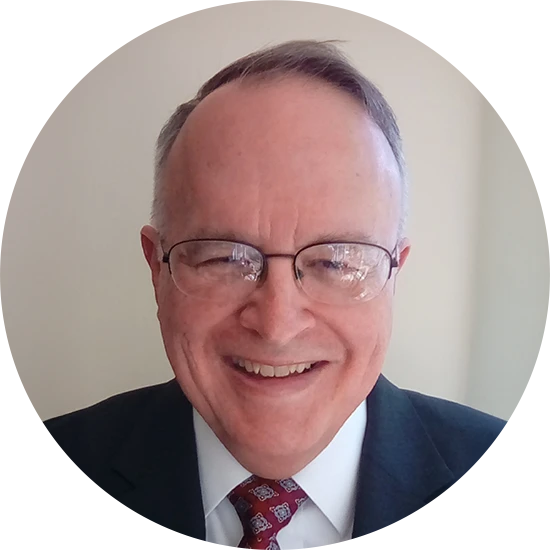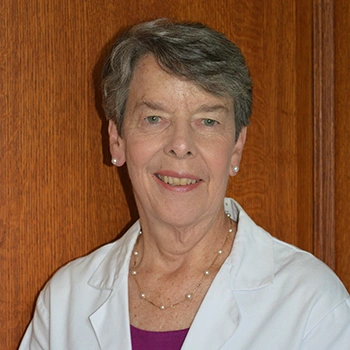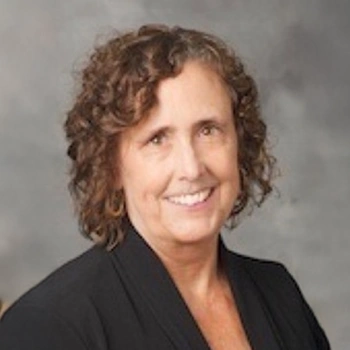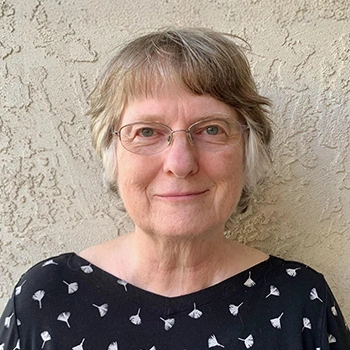
Dr. Lucius Wright has transformed nephrology education for safety net clinic providers through his exceptional teaching skills and practical wisdom. As a fourth-generation physician with over 35 years of nephrology experience, his educational contributions to MAVEN Project extend far beyond clinical knowledge to include the art of practicing medicine in resource-limited settings.
Since joining MAVEN Project in 2019 after watching a PBS NewsHour feature, Dr. Wright has focused on creating educational content that demystifies complex kidney conditions for primary care providers. His most requested presentations on chronic kidney disease management and difficult hypertension have become essential resources for clinicians serving vulnerable populations.
“Managing chronic kidney disease can be overwhelming. Test results can make it seem like the clinicians need to do something right away but actually there’s time,” he explains, describing how he helps providers interpret alarming lab results with appropriate context. This educational approach increases safety net clinicians’ confidence and ensures patients receive appropriate care.
Dr. Wright’s teaching style emphasizes practical approaches over academic theory, drawing on his military medicine background at Brooke Army Medical Center. “I try to provide them with an approach and way of thinking. They have to practice medicine with limited resources. Some of us have experience doing that kind of thing. When I was active duty in the military, I had to make it up as I went along. It was very challenging but also very satisfying. You can get by with a whole lot less.”
His educational sessions cover critical topics like when to use newer kidney-protective medications. “There are some new medicines that have been put on the market in the last 10 years that slow deterioration of kidney function,” he notes. “I help them understand where it is sensible to treat based on effectiveness of medication.” He combines this pharmacological guidance with personalized decision-making frameworks, explaining, “If I’m looking at a 30-year-old person who’s got progressive kidney disease, it might make sense to treat, whereas if they’re 80 with cancer, it may not.”
Beyond formal educational sessions, Dr. Wright educates through each consultation, turning individual patient questions into teachable moments. “Guidelines are helpful but not absolute. When they’re not, that’s when it gets hard. That’s what I’m here for,” he says, sharing the wisdom that comes from decades of clinical practice.
What makes Dr. Wright’s educational impact particularly valuable is his focus on “working with young providers trying to do the right thing for their patients rather than worrying about their productivity”—teaching not just nephrology, but compassionate, resourceful patient care that makes a lasting difference in underserved communities.






